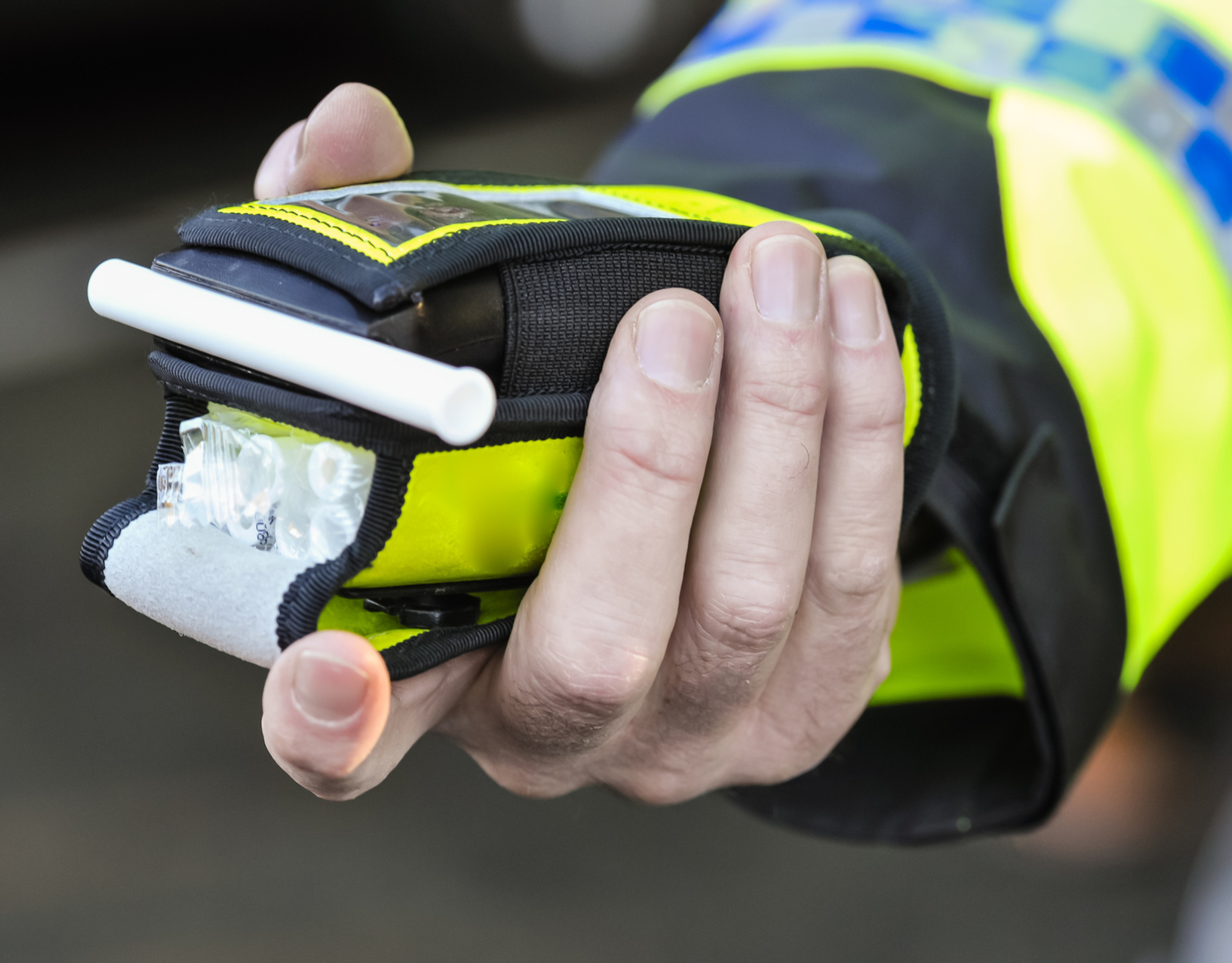Drink driving
Driving under the influence of alcohol is a serious offence and can result in a mandatory minimum driving ban of twelve months, as well as an unlimited fine and even a six-month prison sentence.
Drug driving
The severity of your case will depend on the nature of the drugs taken. Illegal drugs such as cannabis, cocaine and heroin will of course be treated as such and can bring hefty penalties. Prescription drugs are different, although if you are found to have been driving whilst under the effects of a higher concentration than the legal safe limit, you could still be prosecuted.
Penalties can include a fine of up to £5,000 or six months imprisonment, as well as a mandatory disqualification from driving for a minimum of twelve months.

Speeding
The most common motoring offence committed in the UK, speeding, can result in a fine of up to £1000 (£2500 if on a motorway) along with either penalty points of between 3 and 6 or a disqualification. The amount of the fine will depend upon your income and the speed involved.

Failing to stop and report an accident
It is every motorist’s duty to stop at the scene of an accident they’re involved in, exchange details with the other people involved, and report the matter to the police.
Failure to do so can lead to being taken to court and, if convicted, receiving between five and ten points on your licence. Additional punishment could include a fine, disqualification from driving or even a prison sentence, depending on the severity and nature of the circumstances.

Driving without insurance
Every motorist is legally obliged to have valid and suitable car insurance. However, special reasons for driving without insurance do arise, such as when driving a company vehicle or even an error having been made by your insurance provider.
If special reasons do not apply, you will receive between six and eight points on your licence and a fine of up to £5,000. You could also be disqualified from driving.
Failing to provide driver details
It is an offence to not provide your driver details if requested to do so by the police. If the police send you a Notice of Intended Prosecution and you don’t respond within 28 days, you could receive six penalty points and a fine of up to £1,000 plus prosecution costs.
Dangerous driving
There are multiple forms of dangerous driving, including driving at excessive speed, driving on the wrong side of the road, mounting the pavement, cutting in front of other road users at junctions, and carrying out an overtaking manoeuvre that puts other road users at risk of a collision.
Penalties can include a fine of up to £5,000 and up to six months in prison. Understandably, causing the death of someone by dangerous driving brings a much more severe conviction of up to 14 years imprisonment and a disqualification from driving.
Careless driving
Though this may sound similar to dangerous driving, it is a different type of motoring offence that covers a variety of situations. Careless driving can include pulling out into the path of other vehicles, using a mobile phone whilst driving, not paying attention to the road, driving at inappropriate speed for road conditions, and tailgating another vehicle.
Meanwhile, inconsiderate driving includes repeatedly tailgating a vehicle, continually beeping a horn or flashing lights, and driving at unnecessarily slow speeds. Penalties can include between three and nine points on your licence or discretionary disqualification from driving.
If you currently have penalty points on your licence and these additional points cause you to reach twelve within a three-year period, you will be liable for a Totting Up Disqualification and need to make an Application for Exceptional Hardship.




